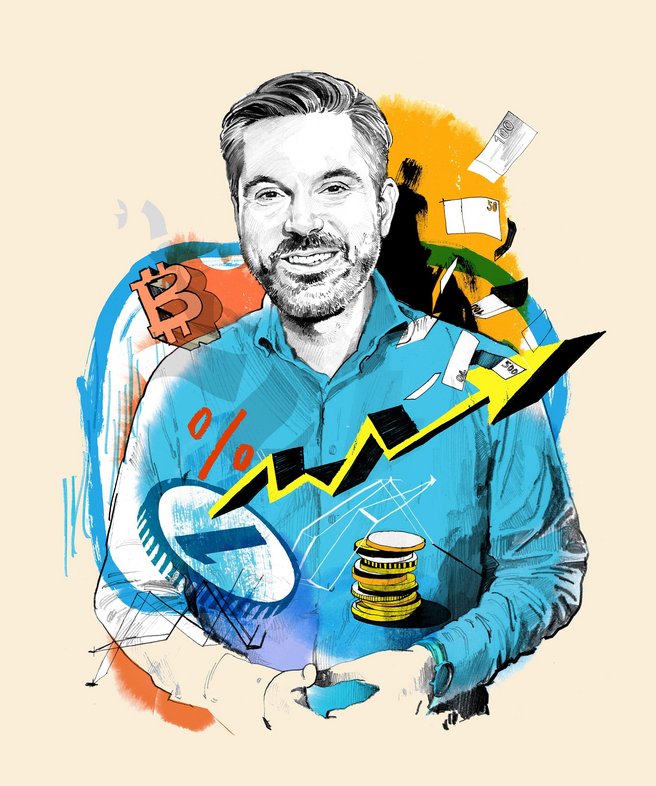JUST ONE WORD

Our finances require protection. This is a prerequisite for planning our lives. A lot depends on the security of our finances, for instance whether we dare to try something in life or how free we are. I noticed this for myself very early in life. I come from a low-income household and left home at an early age. At seventeen I had to take odd jobs and it usually wasn’t enough to pay for my apartment. So I borrowed money from my aunt that I wanted to pay back quickly, and later I had to take out student loans to study abroad. It felt like a burden to me. I can still exactly recall how I was able to finally pay off the last of my loans with my first allowance payment as a member of the European parliament. It was such a sense of liberation.
But I’m not the only one who feels this way. People are increasingly asking how they can manage to afford collateral, such as their own home, and whether or not their old-age pensions are still secure. On top of all this are the low interest rates, which mean that savings accounts are no longer a reliable investment. We’ve had phases in the past with lower real interest rates, but wages were increasing much more back then. In other words, we didn’t notice it as much. That’s why I understand that many people are looking for alternatives, such as investing in the stock market. That can make sense if the investments are broadly diversified, but this should only be supplemental to a strong government old-age pension. And to achieve that, we need everyone to pay into it. After all, financial crises are happening more often and if everyone turned to the stock market, then the returns would fall there, too!
To ensure that we don’t lose trust in our money, we must also protect it in the digital age. I view the rise of cryptocurrencies with skepticism so far. We will also see crises in this field, perhaps even panics, and, accordingly, people’s money there is also at risk. Unlike with state currencies such as the euro, dollar or British pound, there’s no institution like a central bank behind crypto. I think that is crucial. To counter this, we need a digital euro, one guaranteed by the ECB. We need to be able to use it to make payments quickly across borders on the internet so that we can continue to trust our money in the future.